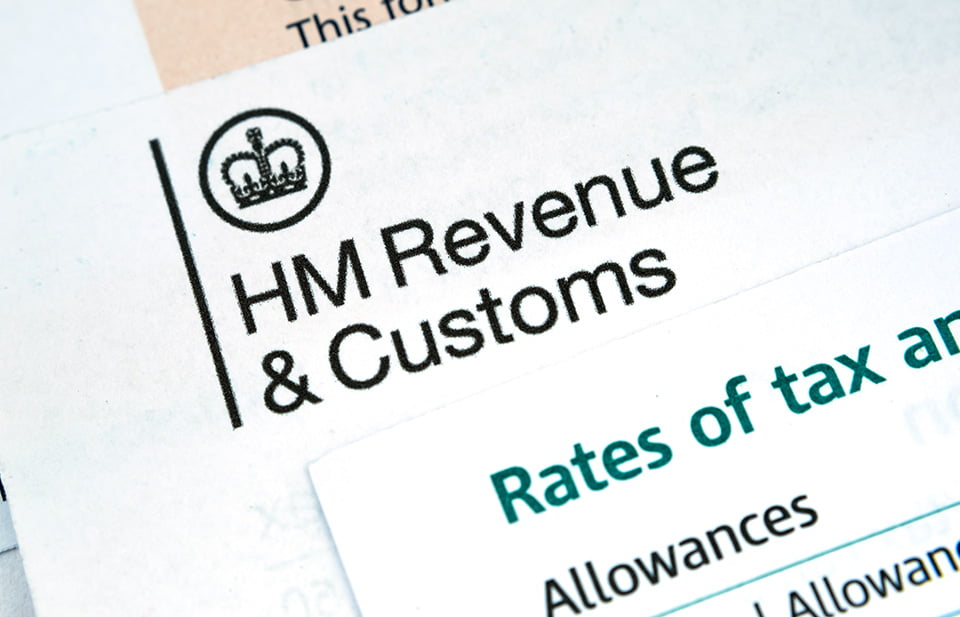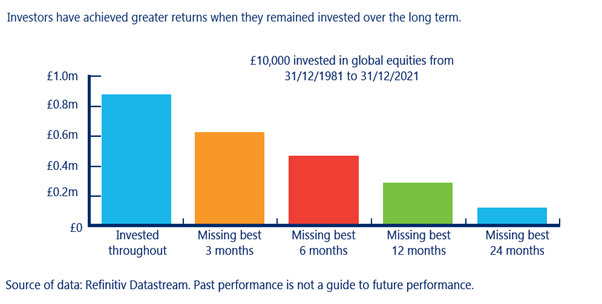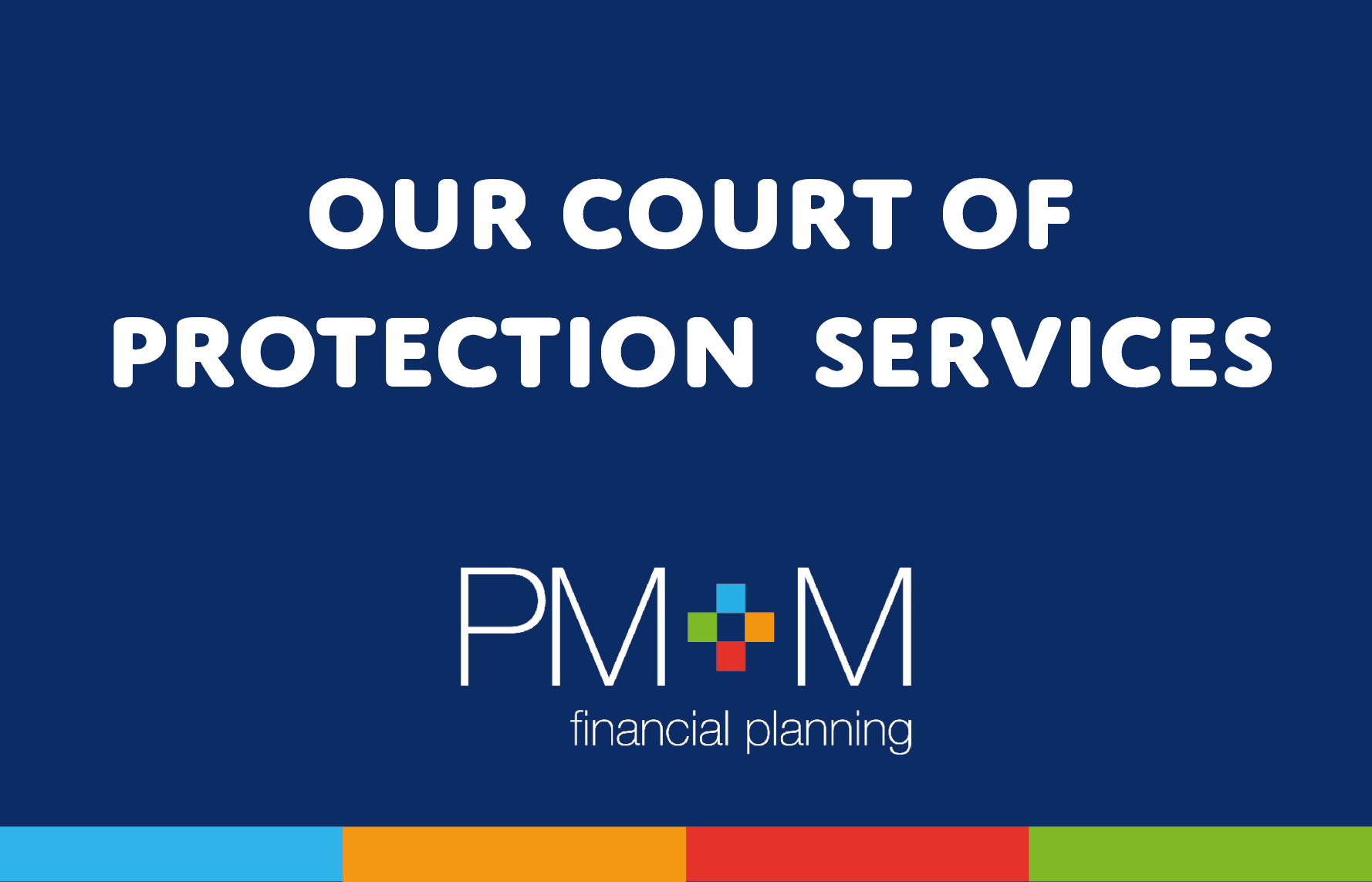During your lifetime, you are likely to face a number of significant milestones, such as marriage, buying a home, or retirement. These milestones can be something to look forward to, but also financially challenging.
Having a strategy in place for your finances can ensure you’re prepared for any immediate expenses along with the long-term impact on your financial stability.
Possible Key Life Events
- Career Changes: Depending on your circumstances, a new job or career change could dramatically impact your income or pensions.
- Marriage or beginning a family: A wedding itself could be a large expense which requires financial planning for months, or even years, in advance. Subsequently, marriage could then bring a shared income and different living arrangements, whilst starting a family could result in childcare and education costs.
- Buying a Home: Budgeting for mortgage payments, insurance and ongoing maintenance is extremely important when making this significant financial commitment.
- Retirement: Approaching retirement requires a solid strategy to ensure your pension and savings support your desired lifestyle.
With the right guidance, these changes can be managed effectively, ensuring your finances are structured to meet your goals.
Set your Financial Goals
When facing life changes, it’s important to distinguish between short-term and long-term financial goals. Short-term goals cover immediate needs, like saving for a house deposit or budgeting for childcare. Long-term goals include saving for retirement, paying off your mortgage, or funding a child’s education.
Create a Realistic Budget
Once you’ve decided what your financial goals are, you will then have to consider a realistic budget to allow you to achieve these goals. A cash flow forecast is an excellent tool for this, allowing you to test your objectives and create a financial plan to ensure you have enough money to fund your needs. By modelling a cash flow forecast, you can ensure you are on track to have sufficient funds in place. This provides direction and helps you understand what is required to reach your retirement goals, testing different scenarios to get you there.
Plan for the Unexpected
Sometimes no matter how well you plan ahead, life can still be unpredictable. An emergency fund and the certain insurance policies can provide a safety net for your finances and peace of mind.
Where possible, we suggest that you should have enough savings to cover around three to six months of living expenses, should any unexpected emergencies arise, for example house or car repairs. Without this emergency fund in place, it could make it extremely difficult to handle unexpected financial emergencies and the added worry this would bring.
Considering taking out relevant insurance policies can also provide some extra protection. Depending on your circumstances, this could include life insurance, health insurance, or home insurance.
Tax Considerations
Major life events often come with tax considerations which can impact your finances. This could include buying a house, deciding to start your own business, or planning for your retirement. Understanding the tax implications these events will bring and leveraging any available reliefs can be hugely beneficial.
Property Considerations
When purchasing property, stamp duty land tax should be a key consideration. The amount will depend on the value of the property and whether it’s your first or an additional home. Selling property could trigger capital gains tax (CGT), particularly if the property is not your primary residence. Additionally, if you are a first-time buyer using a Lifetime ISA (LISA), you can benefit from a 25% government bonus on savings up to £4,000 per year, which can be used towards purchasing a home valued up to £450,000.
Family Tax Matters
Marriage can offer tax benefits, such as the marriage allowance, which allows a lower-earning spouse to transfer part of their personal allowance to their partner. Starting a family also introduces new considerations, including child benefit and tax-free childcare schemes, all of which should be considered as part of your overall plan.
Retirement
Retirement brings various tax considerations, especially around pension withdrawals. In the UK, 25% of your pension pot can normally be withdrawn tax-free, but the remainder will then be subject to income tax. Additional retirement income from things like rental properties or investments, also require careful tax planning.
Estate Planning
Major life events can increase the importance of thorough estate planning. Inheritance tax (IHT) planning ensures your loved ones benefit from your estate without facing large tax bills. Effectively using gifts, trusts, life cover, certain types of investment and IHT allowances can greatly reduce the burden on your estate.
Reviewing Pension Options
Pension contributions are one of the most tax-efficient ways to save for retirement. In the UK, retirement plans include workplace pensions, personal pensions, and the state pension, each with its own rules and tax implications.
Pensions can also play a valuable role in estate planning, as many pension funds aren’t subject to IHT. It’s important to review your pension beneficiaries and align them with your estate plan to ensure your assets are distributed according to your wishes.
Creating a Retirement Income Plan
Retirement planning isn’t just about saving; it’s about how you draw on those savings. A retirement income plan balances different sources of income – pensions, investments, and property – in a tax-efficient manner. You should look at putting a strategy in place to reduce any income tax you would be liable to pay on your pension withdrawals and could consider moving your investments to lower-risk options if preserving capital was an important part of your plan. You should also look at how any of your other assets, such as property, could contribute towards your retirement income.
Summary
Big life changes can bring big financial challenges and opportunities. It is vital to be proactive and set clear goals. You should create a realistic budget, plan for the unexpected, and seek expert advice on how to optimise your individual financial circumstances.
For further information or advice on how you can plan ahead to secure your financial future, contact a member of our financial planning team by emailing financialplanning@pmm.co.uk or call 01254 679131.
The information contained within this article is purely for information purposes and does not constitute financial advice.

















